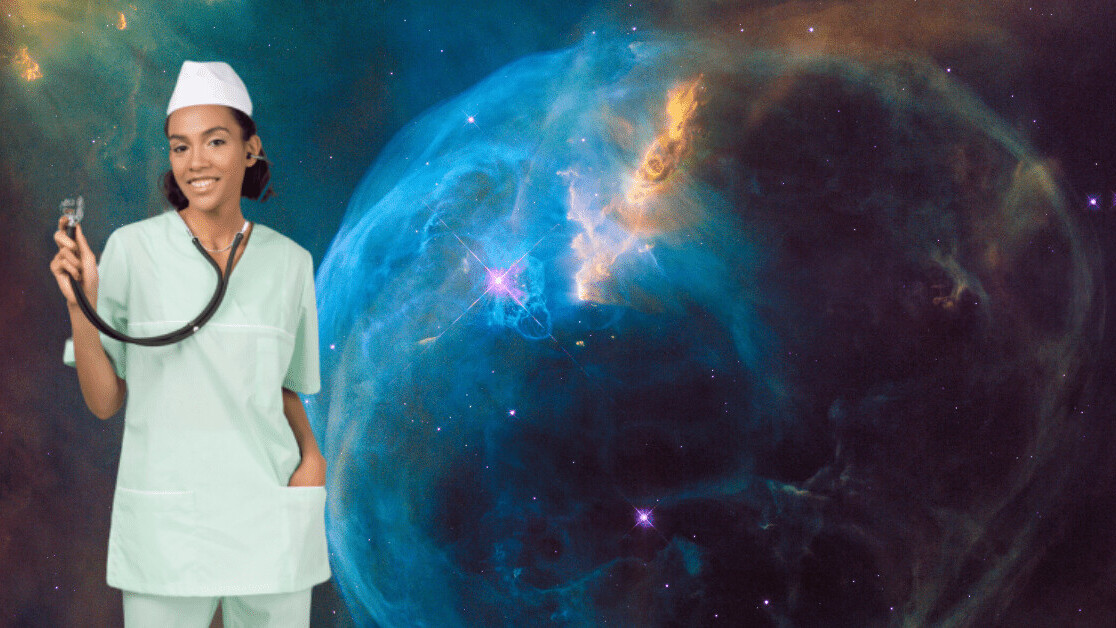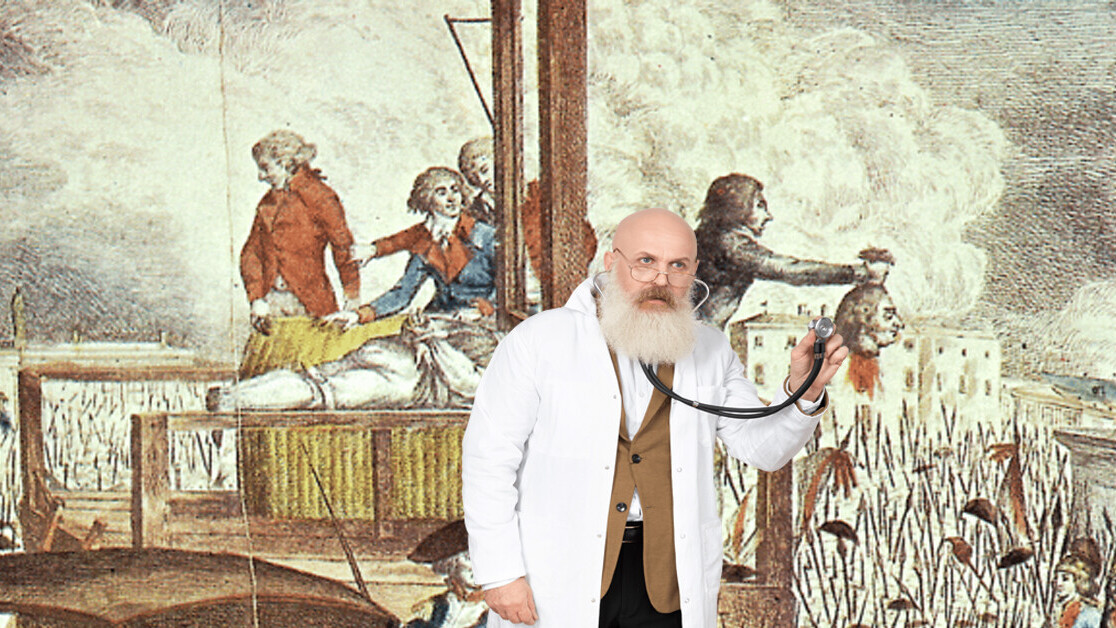All Articles for
Organ (Anatomy)
In biology, an organ is a collection of tissues joined in a structural unit to serve a common function. There is a "main" tissue, parenchyma, and "sporadic" tissues, stroma. The main tissue is the one that is unique for the specific organ. For example, the main tissue in the heart is the myocardium, while sporadic tissues include the nerves, blood and connective tissues. Functionally related organs often cooperate to form whole organ systems.

